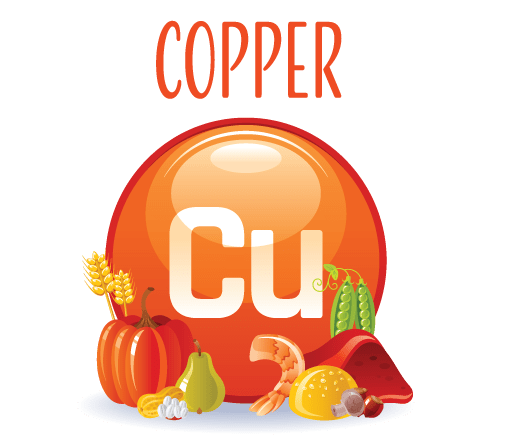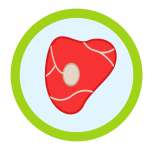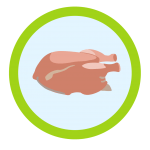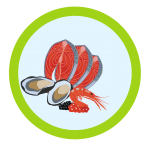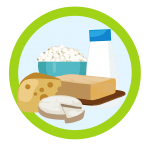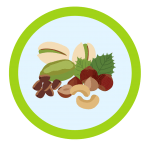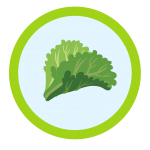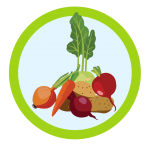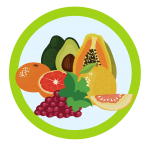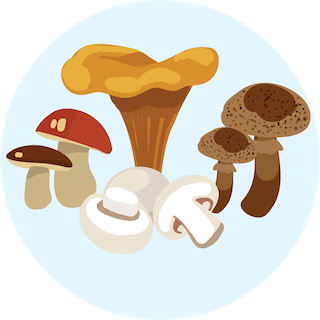Are You Copper Deficient? Understanding the Importance of Copper for Your Health
Copper is a mineral that is essential for many bodily functions, including the formation of red blood cells, maintaining healthy bones and connective tissues, and aiding in the absorption of iron. While copper is found in various foods, many people may not be getting enough of this vital nutrient.
One reason for this is that western diets tend to lack foods that are rich in copper, such as liver, oysters, nuts, and seeds. Additionally, certain factors such as consuming foods high in zinc, iron, or vitamin C can interfere with copper absorption.
Adequate copper intake is especially important for women who are pregnant or nursing, as well as those with certain medical conditions such as celiac disease or Crohn’s disease. Symptoms of copper deficiency can include anemia, osteoporosis, and skin and hair problems.
It’s important to speak with a healthcare professional to determine the proper amount of copper needed for one’s individual needs. Adding copper-rich foods to one’s diet can help ensure a sufficient intake of this essential mineral.
